SUMMARY
This is AI generated summarization, which may have errors. For context, always refer to the full article.

Editor’s note: This content is sponsored by Eskwelabs and was produced by BrandRap, the sales and marketing arm of Rappler. No member of the news and editorial team participated in the production of this piece.
Countries across the globe have pledged to lower their carbon emissions, but the numbers don’t look promising for a majority of them. This is especially true for some ASEAN countries, as uncovered by a cohort of students taking Eskwelabs’ Data Analytics Bootcamp.
For two of the nine weeks in the boot camp, 46 students from different backgrounds have been closely looking at climate-related datasets gathered from the United Nations, the Global Carbon Project, the World Bank, and other reputable sources. Their task was to read and analyze the carbon emission numbers of an assigned country and create recommendations based on the data.
“The mission of Eskwelabs is to democratize skills critical to the future of work,” shared Francine Tan, the startup’s Learning Community Manager.
Eskwelabs, which started shortly before the pandemic, has been creating programs to make high-quality and engaging data skills education more accessible. They started by offering the Data Science Fellowship to cater to individuals interested in a data science career. Then came the Data Analytics Bootcamp, designed to help individuals and companies looking to upskill their workers.
They are doing this to help equip Filipinos as data skills become more in-demand and high-paying. Data, after all, is what fuels today’s digital economy. It’s how institutions, businesses, governments, and organizations make sense of the vast amounts of information available online. It provides a clearer insight into all kinds of prompts and problems, and how to solve them.
At its core, Eskwelabs works towards making people ready for the future—to be able to thrive in it.
In the Data Analytics Bootcamp specifically, they’ve divided the program into different two-week sprints. They’re called data sprints or learning sprints. Eskwelabs teaches the students how to interpret large data sets, come up with actionable recommendations for specific problems or prompts, and share these stories through data visualizations created on tools like Microsoft Power BI.
They also make an emphasis how data can be used for good.
“The first data sprint is focused on a carbon emissions project because not only is [Eskwelabs] a social impact startup, our founder [Angela Chen] is also very passionate about the environment and when we look at the nature of data analytics, it’s meant to give you the ability to work on real-world problems,” shared Tan.
Inside the first learning sprint, in the Carbon Emissions Presentation project, students role-play as COP delegates, and today we have a few who have shared their initial findings and recommendations.
Vincent Co, who is currently taking up philosophy from the De La Salle University, is working with other Eskwelabs students to find ways on how Laos can shrink its carbon emissions, recommending that the country’s government look to methods employed by the likes of Singapore, Myanmar, and Cambodia.
Co shared that even though Laos has considerably lower emissions than the rest of the region (and the world), the country still had a coal emission spike in 2014-2018 as it continued to rely on energy-exporting as a source of income.

“We think Laos at this moment needs to increase its GDP and can have this option in the future when feasible with the increased investment in renewable energy. The second solution we came up with is to support policies that allow for a circular economy. This model is used by similar countries like Myanmar and Cambodia as a benchmark, wherein Laos attempts to reuse pre-existing materials and facilities to lessen emissions. This is done through reuse-reduce cycles and remanufacturing goods and transport lines, being as efficient and least wasteful as possible,” wrote Co.

Meanwhile, Madel Tutor’s team has determined that Thailand can look at countries like Malaysia which have employed measures to reduce carbon emissions by relying more on renewable energy and promoting electric cars.

For the Philippines, Jonathan Aldwin Binaday’s team looked into industries with the largest carbon emissions and have found out that an effective transport system will also help reduce the numbers.
Students in Eskwelabs’ Data Analytics Bootcamp come from all walks of life, many of them looking to either change career trajectories or gain more specialized skills to use in their respective fields. Some are engineers, IT professionals, and entrepreneurs. Some are also looking into learning how to use data analytics to pursue other causes.
Philip del Rosario in particular hopes to apply what they will learn from the bootcamp to improve diversity, equity, and inclusion practices in the corporate world.
You too can learn how to read, dissect, and present data-driven stories!
If you want to develop data analytics skills like dissecting data and visual storytelling, as well as tools like SQL and Power BI, you can apply for the 9-week Data Analytics Bootcamp. Cohort dates for 2023 are as follows:
- Cohort 9 (January 30 – April 1, 2023)
- Cohort 10 (May 2 – July 1, 2023)
- Cohort 11 (July 24 – September 23, 2023)
- Cohort 12 (October 9 – December 9, 2023)
Enrollees can pay upfront or through installment or Study-Now, Pay-Later financing via Eskwelabs partners like Bukas and InvestEd. You can also check with your company if they can sponsor you, or apply as a “Pay-It-Forward” scholar. These scholars don’t need to pay financially, but are expected to help the Eskwelabs community in the future.
Check out the enrollment process here.
And if you’re looking to understand more advanced tools and skill sets like cloud computing, machine learning, Python, and more, Eskwelabs also offers a 15-week Data Science Fellowship. To learn more about Eskwelabs’ courses, check out https://www.eskwelabs.com, or schedule a one-on-one consultation call to find a program for you. – Rappler.com
Add a comment
How does this make you feel?
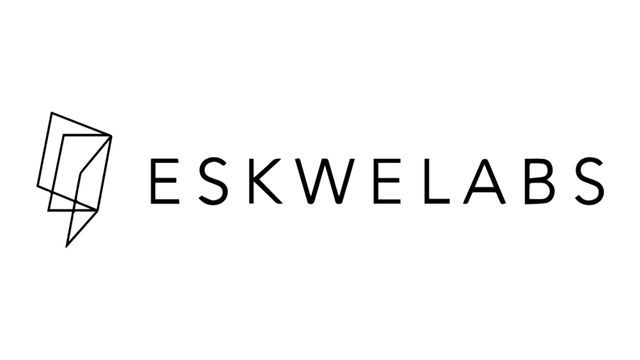
![[In This Economy] Is the Philippines quietly getting richer?](https://www.rappler.com/tachyon/2024/04/20240426-Philippines-quietly-getting-richer.jpg?resize=257%2C257&crop=194px%2C0px%2C720px%2C720px)
![[In This Economy] Can the PH become an upper-middle income country within this lifetime?](https://www.rappler.com/tachyon/2024/04/tl-ph-upper-income-country-04052024.jpg?resize=257%2C257&crop=295px%2C0px%2C720px%2C720px)

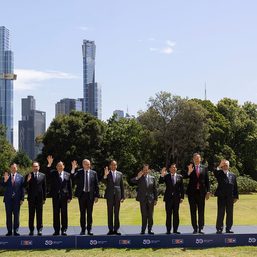
![[OPINION] Controversy over ASEAN’s ‘Swift’ week](https://www.rappler.com/tachyon/2024/03/tl-asean-swift-week.jpg?resize=257%2C257&crop=357px%2C0px%2C720px%2C720px)
![[OPINION] In a changing climate, how do we ensure safety and health at work?](https://www.rappler.com/tachyon/2024/04/Climate-change-safety-workers-April-25-2024.jpg?resize=257%2C257&crop_strategy=attention)
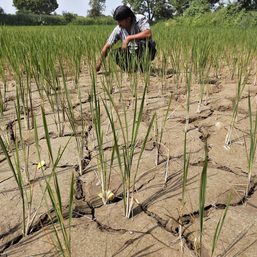
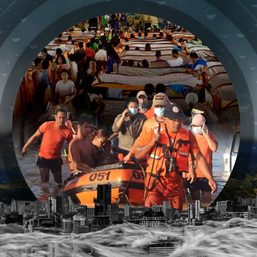
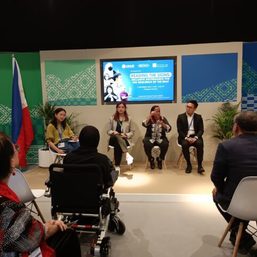
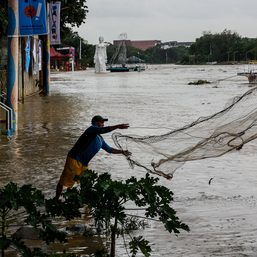

![[OPINION] Data is crucial to preventing gender-based violence](https://www.rappler.com/tachyon/2023/11/TL-ogbv-nov-28-2023.jpg?resize=257%2C257&crop=271px%2C0px%2C720px%2C720px)
![[OPINION] Leveraging non-traditional data for COVID-19 recovery](https://www.rappler.com/tachyon/2021/07/shutterstock-phone-hack-data-ls.jpg?resize=257%2C257&crop_strategy=attention)
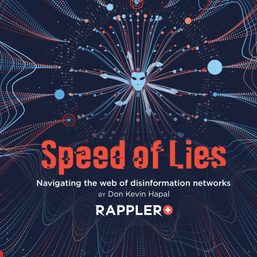
There are no comments yet. Add your comment to start the conversation.